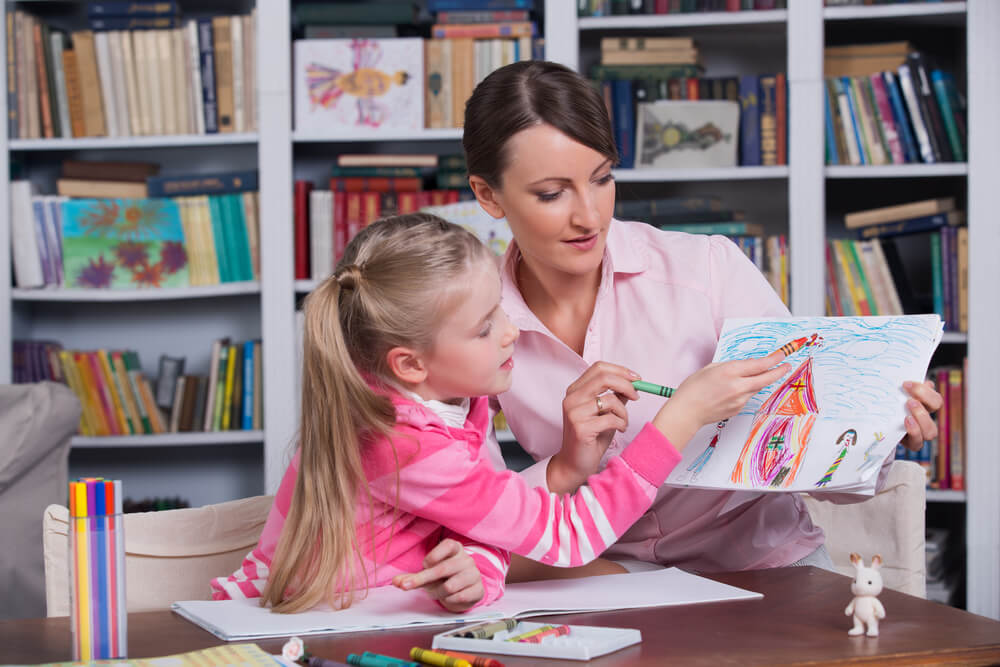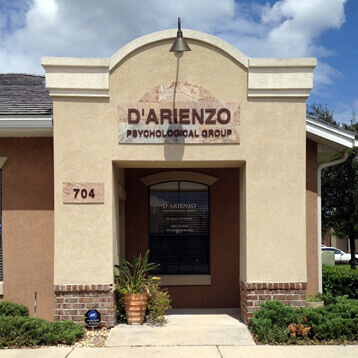- HOME
- PSYCHOLOGICAL SERVICES
- ONLINE COURSES
- Our Partnership Begins When You Purchase an Online Course
- Get to Know Dr. D’Arienzo, Relationship Expert
- Florida Premarital Preparation Online Course
- Georgia Premarital Education Online Course
- TwogetherinTexas Premarital Online Course
- Tennessee Premarital Preparation Online Course
- Minnesota Premarital Education Course Online
- Oklahoma Premarital Counseling Online Course
- South Carolina Premarital Preparation Course
- West Virginia Premarital Education Course
- Online Marriage and Relationship Tune Up Course
- Florida DCF Certified Parent Education and Family Stabilization Online Course
- Georgia Qualified Parent Education and Family Stabilization Online Course
- Texas Qualified Parent Education and Family Stabilization Online Course
- High Conflict Co-Parenting Online Certificate Course (8 Hours)
- Online Anger Management Four Hour Course (Level 1)
- Online Anger Management Eight Hour Course (Level 2)
- Sexual Harassment Online Training
- BUSINESS & PERFORMANCE PSYCHOLOGY
- CLINICAL, COUPLES, & FAMILIES
- ADHD Treatment & Evaluation Services
- Anger Management
- Anxiety Treatment & Evaluation Services
- Borderline Personality Treatment Services
- Cognitive Behavioral Therapy (CBT) Self-Help
- Couples Counseling and Marital Therapy
- Consent for Psychological Services for Minors Post-Divorce
- Depression Treatment Services
- Infidelity Recovery
- Jacksonville Counseling and Psychology
- Military Psychology & Tricare
- Narcissistic Personality Treatment Services
- Online Counseling
- Psychoeducational Testing
- Psychological Testing and Assessment
- Psychotherapy & Counseling
- FORENSIC PSYCHOLOGY & EXPERT TESTIMONY
- LIFE COACHING & EXECUTIVE COACHING
- MMPI TESTING & ASSESSMENT FOR SECURITY AND LEO
- CPI Police and Public Safety Assessment
- G License Psychological Testing
- Online Psychological Testing for Armed Security Guards and Personal Protection Officers
- MMPI Texas Level III CSO and IV PPO Psychological (ONLINE)
- Requirement for Texas Security License Applicants: MMPI Evaluation
- Level 3 Security Guard New Mexico Online MMPI Psychological Evaluation
- PSYCHOLOGICAL PUBLIC DISABILITY QUESTIONNAIRES (DBQ)
- ONLINE COURSES
- TEAM
- D’Arienzo Psychological Group Overview
- Dr. Justin D’Arienzo, Psy.D., ABPP
- Mario Decunto, LMHC
- Dr. Amy Hartley, Ph.D.
- Dr. Erica Janson, Psy.D.
- Alan Lipzin, LMHC
- Cynthia Salameh, Esquire
- Wendy Monger, Tutoring Specialist and Academic Coach
- Dr. Michael Nackashi, Psy.D., Clinical Psychologist
- Joseph Zichi, LCSW
- Mack, Roman and Roxy D’Arienzo
- MERCH & SOCIAL MEDIA
- BOOKS
- APPT REQUEST
Child Psychologist in Jacksonville & Ponte Vedra
Seeing a Child Psychologist Makes a Difference
What is a Child Psychologist?
A child psychologist holds a doctorate degree (Psy.D., Ph.D. or Ed.D.) in clinical psychology and is a licensed psychologist; additionally, this psychologist has a sub-specialty of child psychology within clinical psychology. Child psychologists work with children and adolescents who struggle with mental, emotional or behavioral disorders. The varieties of disorders they diagnose and treat include learning disabilities, substance abuse, depression, anxiety and eating disorders. They can also help children and adolescents navigate through stressful life event such as a traumatic accident or incident, a friend or loved one’s death or their parent’s divorce. Child psychologists also consult with and coach parents and teachers in a team approach to improve a child’s condition and recovery.
Why do Children and Adolescents Require a Specialist?

Children usually handle disorders or stressful life events differently than adults do. Although, children and adults share many commonalities, children are not miniature adults. In fact, they process and respond to events developmentally different than do adults. They are still in the process of learning how to cope with, adapt, and relate to others and the world around them. Children may not be able to have a full understanding of what is occurring within their own psyche and in the world around them and thus need specialized assistance. Although some children appear to be very bright, they have developmental limitations, and a child psychologist understands how to tap into their world in order to reach them. It is very important for your child to get the right type of help if they have a disorder or if they have experienced a stressful life event that is significantly interfering with their everyday life. The long-term effect could be detrimental if you wait to get help or you waste time and money because you sought the wrong type of help.
How do Child Psychologists Help?
Child psychologists use child and adolescent modified treatment interventions to help children overcome or cope with their life challenges by gearing treatment to the child’s specific developmental stage and need. Also, different forms of assessments are used to diagnose children and adolescents depending upon the nature of the referral be it psychological, intellectual, cognitive, or a behavioral assessment and testing or treatment. Importantly, a child psychologist will need to speak to the child or adolescent’s parents or teachers when collecting information about the child. These collateral sources give the child psychologist insight about the unique characteristics of the child’s environment. This is helpful for developing an intervention that is specific to that child and for their unique environment.
Research Based Psychotherapies and Interventions for Children
Much research has been conducted on what is effective in treating children with anxious, mood, eating, ADHD, and substance use disorders. At D’Arienzo Psychological Group, we utilize these research based cognitive-behavioral and creative psychotherapy and counseling interventions to assist children in overcoming and coping with their struggles and differences. In the event that your child requires medication in addition to a psychotherapeutic intervention or counseling, we will help you with the appropriate referral to a competent child psychiatrist, psychiatric nurse practitioner, or will work with your pediatrician or your child’s primary care physician.
Child Psychologist and other Specialists at D’Arienzo Psychological Group


Child Psychological Interventions Include: Talk therapy, psychotherapy, counseling, reunification therapy, play therapy, parenting coordination, parent coaching, life coaching, life skills training, anger management, study skills training, and ADHD management. Home based interventions are also available upon request
Ready to Make an Investment in Your Child?






